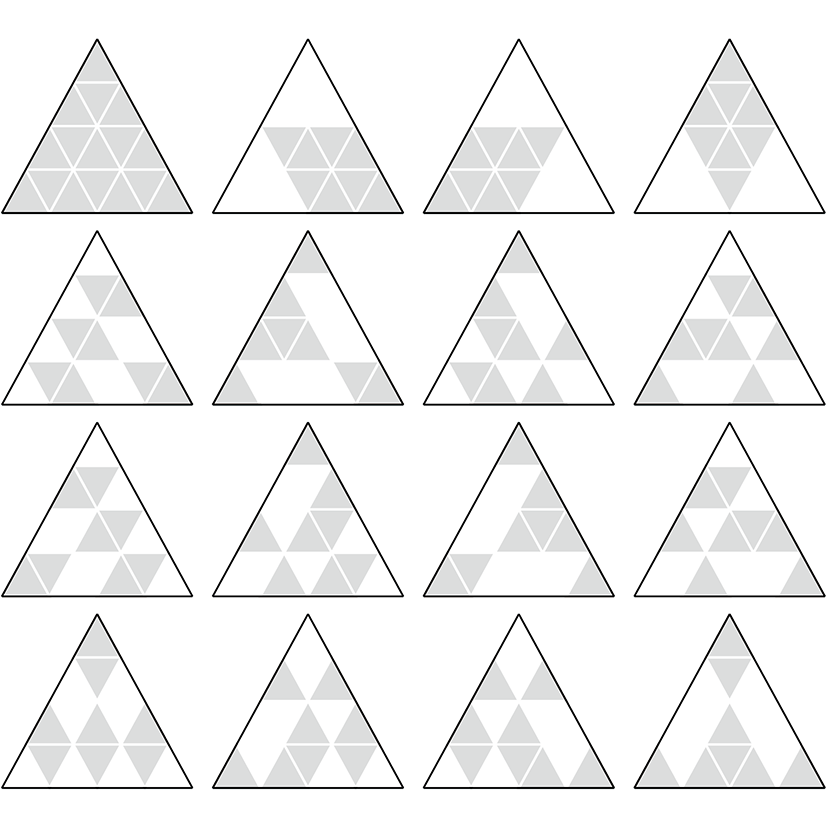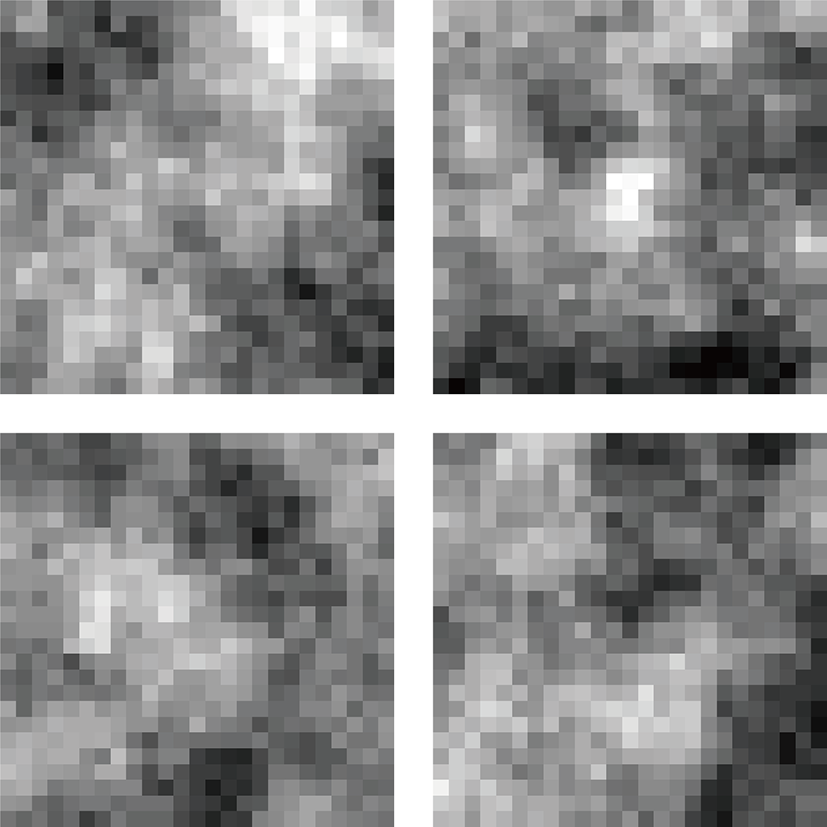Faculty

Global Circulation System
GODA Takashi
- Position
- Assoc. Prof.
- Affiliation
- Department of Systems Innovation,Faculty of Engineering,The University of Tokyo
- Keyword
- Uncertainty quantification, Decision making, Numerical analysis, Computational algorithms, Quasi-Monte Carlo methods
- goda(at)frcer.t.u-tokyo.ac.jp※Please replace (at) with @ and send mail.
Mathematical Engineering for Uncertainty Quantification



Numerical Algorithms for Uncertainty Quantification
For various stochastic events such as natural phenomena and economic activities, adequate uncertainty management plays an important role in predicting the future. For some applications, we can evaluate the degree of uncertainty quantitatively by using Monte Carlo methods, a class of probabilistic algorithms which generate a lot of possible independent future scenarios and then take statistics of them. Although they are versatile enough, the computational efficiency is often considered prohibitively poor in practical use. To address this issue, we are studying various aspects (from theory to applications) of quasi-Monte Carlo methods (QMC). The underlying idea of QMC is to get rid of randomness, the heart of Monte Carlo methods, and instead, to construct deterministic algorithms based mainly on number theory for enhancing the computational efficiency significantly.
Measuring the Value of Reducing Uncertainty
Quantifying the uncertainty is not the purpose, per se, but just an intermediate step towards our ultimate goal, such as rational decision-making or system optimization. Similarly, reducing the uncertainty by gathering additional information is not the purpose. By evaluating an impact of reducing uncertainty on our original goal (decision-making or optimization), we can identify proper information-gathering in advance. In this research topic, we are interested in how to measure such value of reducing uncertainty. We are also concerned with construction of efficient numerical algorithm and with their practical applications.





